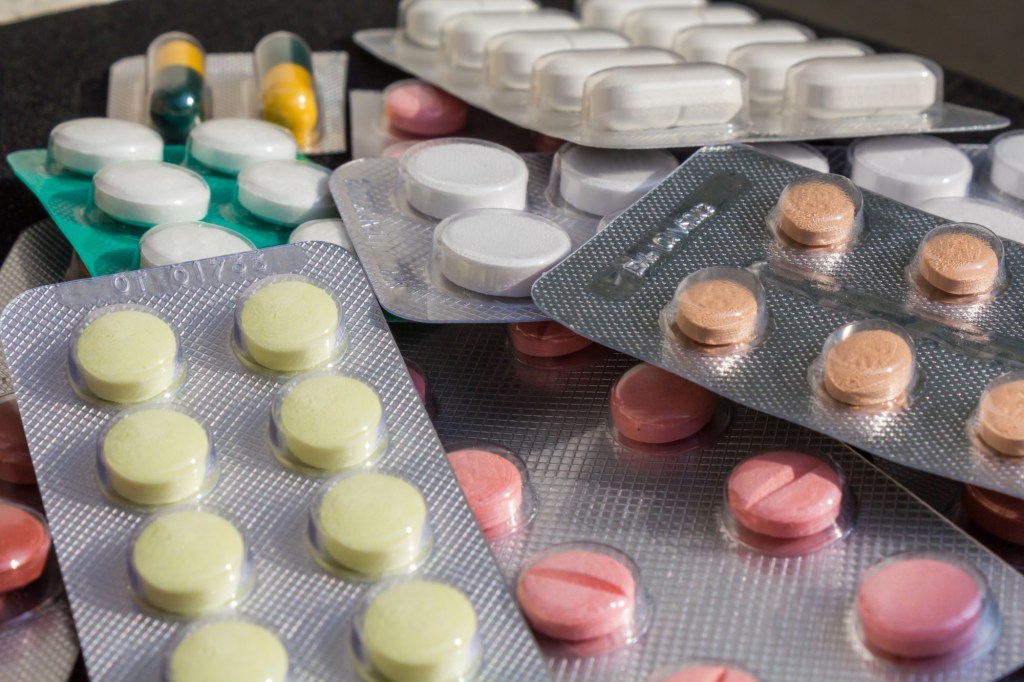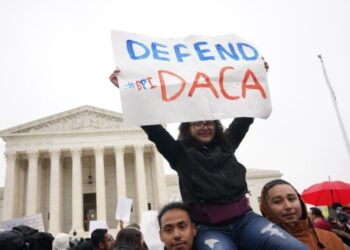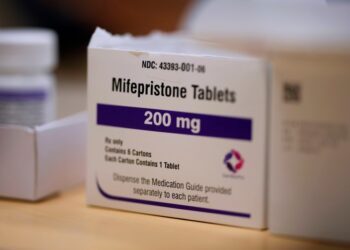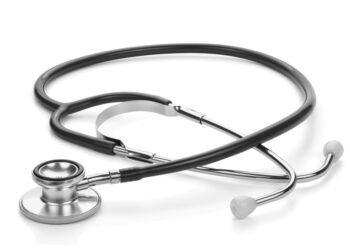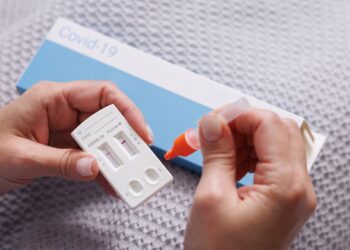COLORADO SPRINGS, Colo. — On a recent November evening, Angie Phoenix waited at a pharmacy here in Colorado’s second-largest city to pick up prescription drugs to treat her high blood pressure and arm seizures.
But this transaction was different from typical exchanges that occur every day at thousands of pharmacies across the United States. The cost to Phoenix, 50, who lives in the nearby community of Falcon and has no health insurance, was nothing.
Open Bible Medical Clinic and Pharmacy runs Colorado’s only current drug donation program. Most of the medications it dispenses come from nursing homes across the state.
“We take any and all of it,” said founding pharmacist Frieda Martin, who used those donations to fill 1,900 prescriptions for 200 low-income and uninsured adults last year. Participants pay a $15 annual registration fee for free medications and care at the adjoining clinic.
Drug donation programs like this one in Colorado and one in California take unopened, unexpired medications from health care facilities, private residents, pharmacies, or prisons that pile up when patients are discharged, change drugs, or die, and re-dispense them to uninsured and low-income patients. About 8% of adults in the U.S. who took prescription drugs in 2021, about 9 million people, did not take them as prescribed because of cost, and uninsured adults were more likely to skip medications than those with insurance, according to the National Health Interview Survey.
The programs vary in size but are often run by charitable pharmacies, nonprofits, or governments, and keep drugs out of landfills or incinerators, where an estimated $11 billion in unused medications are disposed of each year.
Forty-four states already have laws allowing drug donations, according to the National Conference of State Legislatures. Many programs, like Colorado’s, are small or underutilized. Now, Colorado and other states are seeking to expand…
Read the full article here

